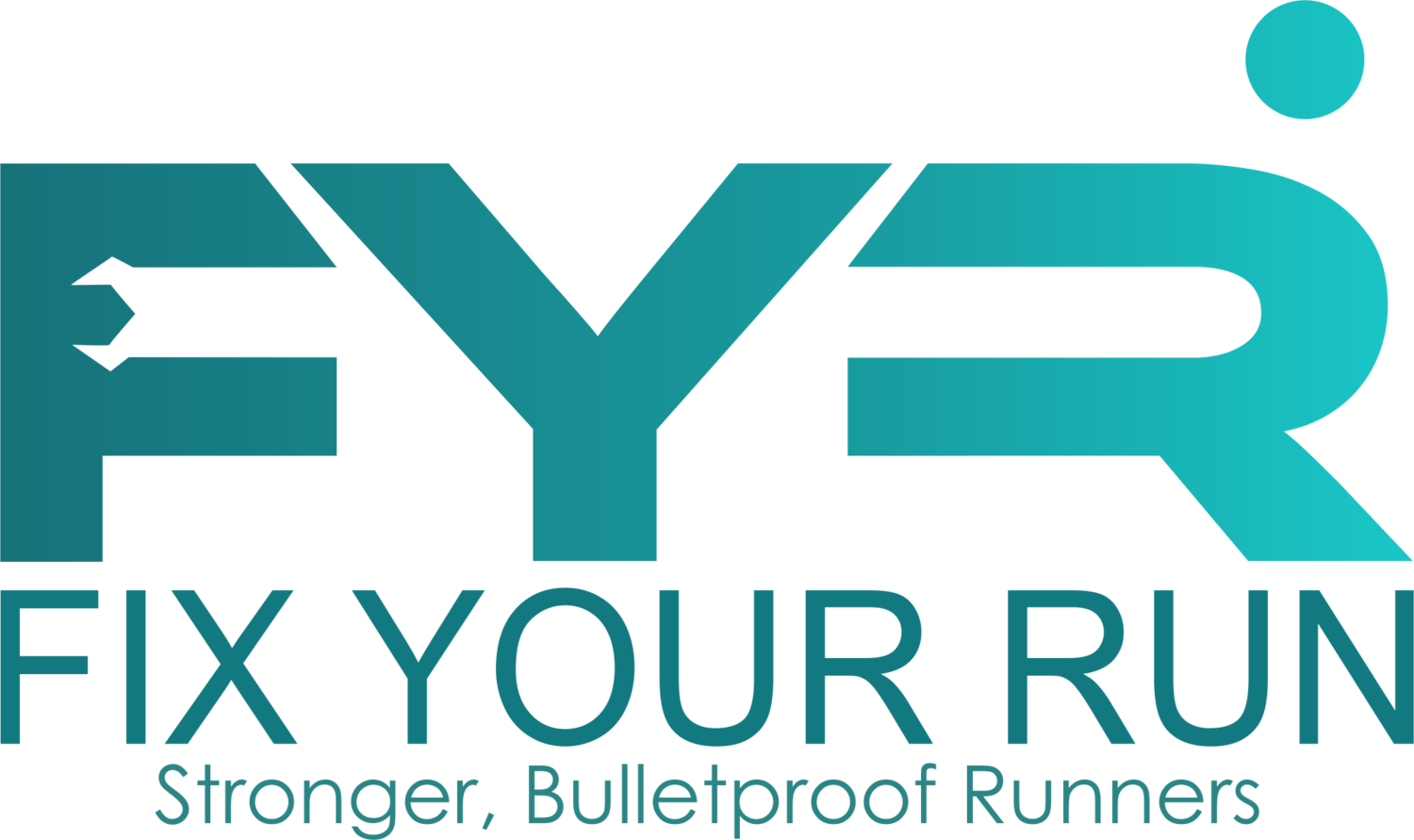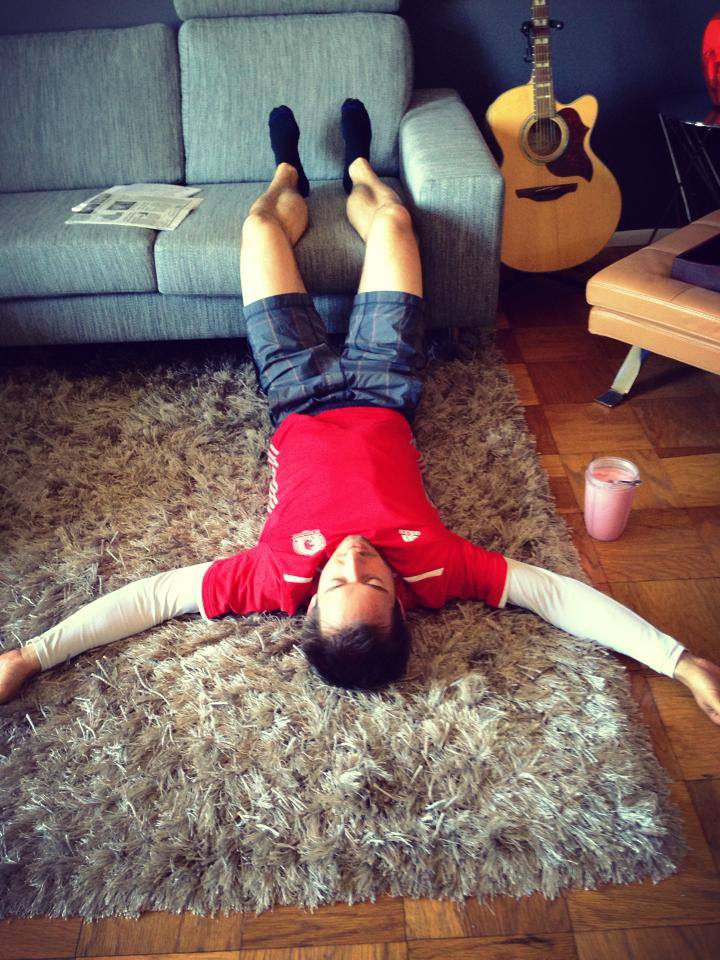 First off, congratulations on your accomplishment! I know how much blood, sweat and tears it takes to simply make it to the starting line, so, well done!
Racing – especially over long distances – takes quite a toll on the body. All bodily systems are affected, but muscle damage is likely the one you'll feel the most, especially within 24-48 hours after you finish. This is a normal, healthy response to the stress of racing. Hang in there and it will pass.
First off, congratulations on your accomplishment! I know how much blood, sweat and tears it takes to simply make it to the starting line, so, well done!
Racing – especially over long distances – takes quite a toll on the body. All bodily systems are affected, but muscle damage is likely the one you'll feel the most, especially within 24-48 hours after you finish. This is a normal, healthy response to the stress of racing. Hang in there and it will pass.
We can improve our recovery from races (and training) by three primary routes: nutrition, movement, and sleep.
Nutrition
The process of recovering from a race starts immediately upon finishing. Simply knocking back some chocolate milk or any carbohydrate/protein drink is the best way to switch on your recovery powers. Do not wait. Drink ASAP!
Drinking water is also essential. Restoring your hydration status to optimal levels is critical for all bodily systems, especially your soft tissue. Try shooting for at least 80 ounces/day, but your thirst, body size and activity levels will determine the right amount. Obviously you shouldn't try drink that all at once, but by bedtime you should have met your goal.
Later, focus on nourishing your body with lots of vegetables, a nice piece of fatty fish like salmon, and perhaps some unprocessed whole grains like quinoa or wild rice. I do NOT subscribe to the pervasive, nonsensical theory that I can eat “anything I want” because I ran. Um, no, I run well because I generally care about what I eat. If you want to recover better, choose your foods wisely. Whole, unprocessed foods are the way to go. That said, a post-race beer is exceptionally refreshing when shared with friends while trading late race bonk stories ;-)
Movement
This is often overlooked. That mile walk back to the subway after the Broad Street Run? Excellent recovery technique. Yep, just going for a walk helps speed recovery.
The key is blood flow. Recovery depends on nutrients getting to damaged tissue. Circulation brings nutrients to where they're needed. Increase your circulation, improve your recovery.
I like foam rolling, walking, cycling, swimming, rowing, and yoga. Of those, I'd say yoga is the best because you are performing something low impact, not repetitive, and through a large range of motion. Just remember, post race yoga is NOT the time to push yourself. Go gentle in your practice.
Sleep
Since sleep is truly when your body repairs itself, you really need to dedicate time to this. Get as much as you can – at least 7.5 hours, minimum. Come on, you can do better! You just pounded the crap out of your body. Get some sleep!
Check out this great article from Precision Nutrition if you've been having issues with your sleep. Like everything else, quality often trumps quantity.
But what about training?
Like any good training question, the answer is ...it depends. The distance of the race, your fitness, your training history, how you feel coming off the race, the time of year or where you are in your season, and your goals are factors that all play into how you should train in the days and weeks following a hard race.
If you peaked for the race, generally a “reverse taper” works pretty well. Run about 50-60% of your normal weekly mileage in the first week with no intensity. No bootcamp classes, either ;-)
In week 2, resume normal mileage and add a low volume intensity session. For example, a short interval session and progressively faster speeds. I like doing 200s, so I'd go for 3-5 repetitions and get slightly faster with each rep.
The old adage goes, "take one easy day for each mile raced". You can't go wrong taking 10 easy days if you raced 10 hard miles. That's not to say take OFF for 10 days!
*Now, let me add an exception. If you just trained for 5+ months for a marathon, you are ready for a break. Be ok with losing some conditioning and trust that you will not only regain your fitness, but build upon that fitness. Many people have a hard time with this (American cultural mindset strikes again), but I'm often shocked at how well I feel after a sustained break of 2-4 weeks.
Again, training is truly an individual thing. The best advice is to listen to your body. The more you practice this, the better you'll get. We have so many distractions in our lives these days that this is becoming a lost art. The body is wise if we choose to listen.
If you've got a recovery tip that seems to work for you, please share below!


